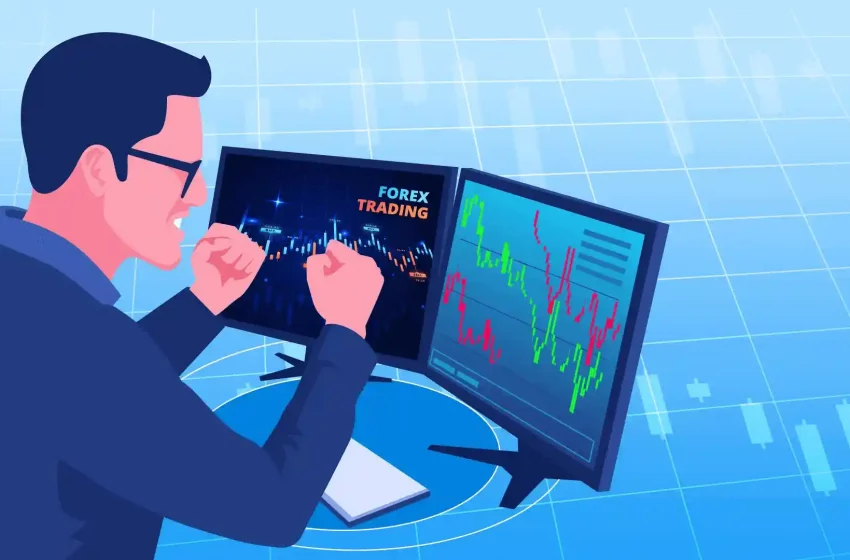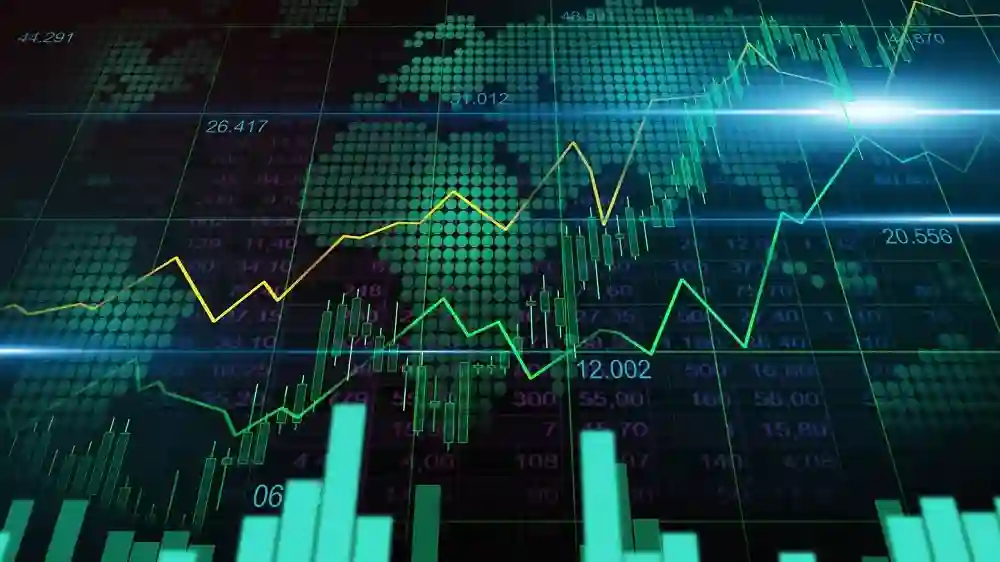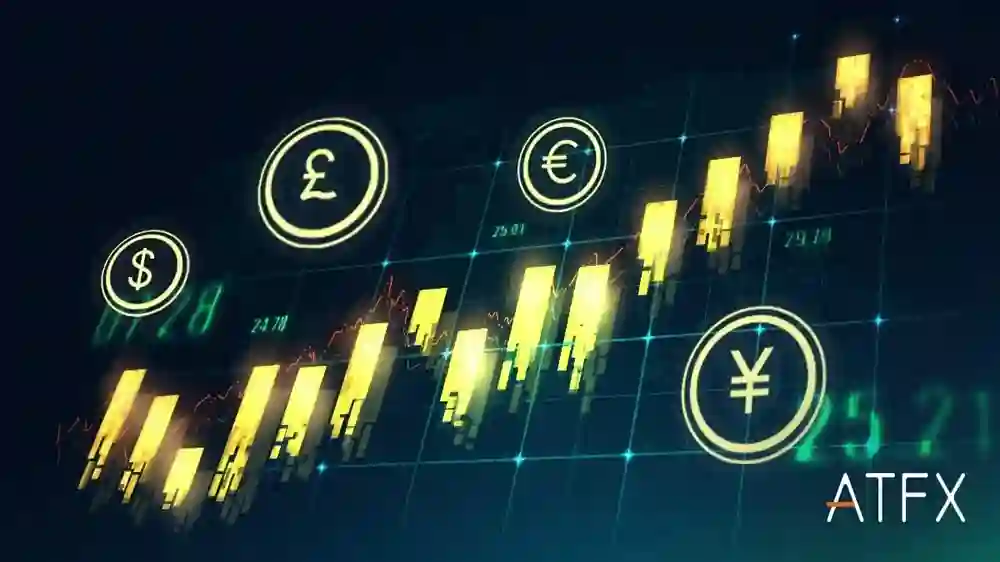
A beginner’s guide to forex trading
A currency trader is a person who sells money on the foreign exchange market, often known as a “forex trader” or “forex trader.” forex traders include professionals who work for a financial firm or group of clients, as well as traders who trade for their own financial gain, whether for recreation or a living.
Simply put, forex trading is the process of buying and selling other currencies. With a daily turnover of $500,000, this is the largest financial market in the world, involving a lot of people – and a lot of money.
The total value of the world’s stock markets doesn’t even come close to this. What does that mean to you, though? If you focus on forex trading more, you can find some interesting trading opportunities that are not available with other investments.
What is forex trading?
Exchange rates are used by forex traders to try to profit from trading foreign currencies. Traders try to predict how currencies will change in value to each other and buy or sell accordingly.
For example, if you live in the united states and want to buy cheese from France, you or the company you buy cheese from must pay the French in euros (eur). This means that a seller in the united states must convert the same amount of dollars (usd) into euros.
Foreign currencies fluctuate in value against each other on a daily basis. Traders can profit from these trends, just as they can profit from anything that changes in value. The money market is open 24 hours a day, making it very liquid.
Many investors are surprised by the growth of the forex market, which is the largest financial market in the world. According to the 2019 triennial central bank survey on fx and otc derivatives markets, the average daily traded volume is $6.6 million. On the other hand, the New York stock exchange trades a daily average of slightly more than $1.1 trillion.
How does it work?
Trading in the foreign exchange (fx) market is done entirely electronically. Currency pairs are bought and sold by participants around the world 24 hours a day, 5 days a week. Participants in the forex market interact remotely via the internet.
When a trader places a buy or sell order in the market, a forex broker helps the trader by providing margin. As a result, the trader is able to create new positions with more money than he has, with the aim of profiting from positive market changes.
The technical market products are subject to conflicting instructions from market makers, private traders, and other electronic money providers to conduct each fx exchange.
Risks involved in forex currency trading
High leverage
Investors are heavily leveraged, as seen in the trading example above, usually up to 50 to 1, but in some countries, they can be stretched even further. This means that you can get more valuable money than you put in with less money.
Financial loss
Beginner traders can be tempted by the prospect of making big deals with a small account, but this also means that a small account can lose a lot of money.
Scams
Don’t forget about the possibility of cheating. Be wary of any scheme that claims you can get rich quick, whether you trade on a regulated exchange or an over-the-counter exchange.
There is no code of conduct for quotations
Another danger to consider is the lack of consensus in quoting conventions. Most are quoted against the us dollar, however, in the forex market, there is no rule or standard for quotations. As a result, you need to understand the value of the quotes for the currency you are selling, or you risk losing money unknowingly.
Before you start, you must learn forex
Opening a formal forex trading account is one way to get started with forex trading without risk. Forex.com, for example, offers a demo account, while we offer a simulated trading tool. Usually, training accounts are backed by a large amount of real money.
This can help you in learning how to trade forex without risking your money. If you find that you can trade profitably after 12 hundred practice trades, you can open a real forex trading account.
Although not difficult, forex trading is a unique project that requires special understanding. Forex trades, for example, have a larger margin than equity trades, and the determinants of currency price movements differ from those of equity markets.
Open a brokerage account
To start with forex trading, you need to open a brokerage account. Commissions are not paid by forex brokers. The spread (also known as pips) between the buy and sell prices is how they make money on the spot.
Setting up a micro forex trading account with minimal capital is a smart choice for new traders. Brokers can limit their trades to as little as 1,000 currency units using these accounts, which have flexible trading limits.
Create a marketing plan
Although it is impossible to predict and move the market in time, having a trading strategy will help you establish broad principles and map the trading strategy. The best-selling strategy is based on your current situation and financial situation.
It determines how much you want to invest in a trade and, as a result, how much risk you can accept without losing your investment. Keep in mind that forex trading is often a high-risk area. However, those willing to take risks will be richly rewarded.
Bottom line: the importance of forex trading to the average person
While the average investor should often avoid the stock market, what happens there affects us all. The price we pay for exports and how much it costs to go overseas is affected by real-time activity in the local market.
Profits from changes in the price of foreign currencies are possible in the foreign exchange market. The performance of the money market can be accelerated by the use of inflation.



